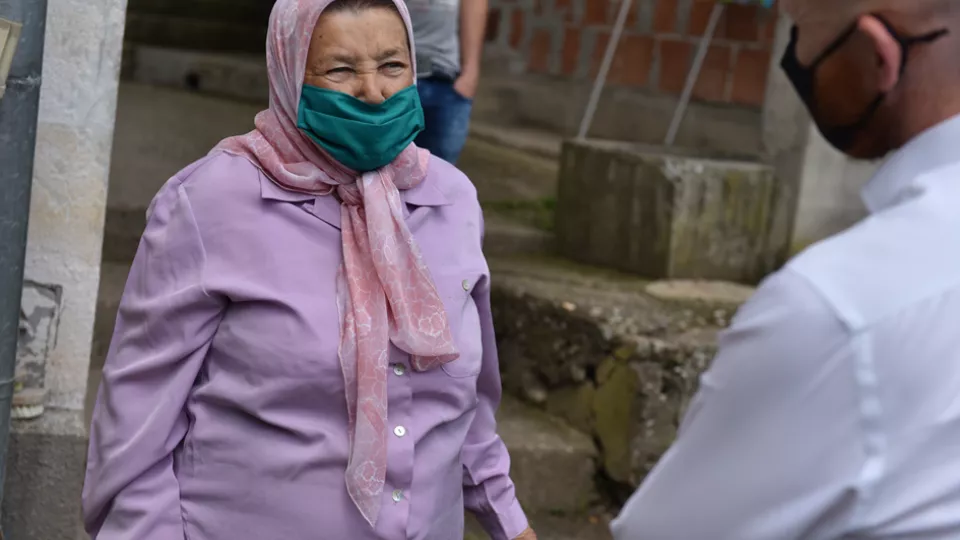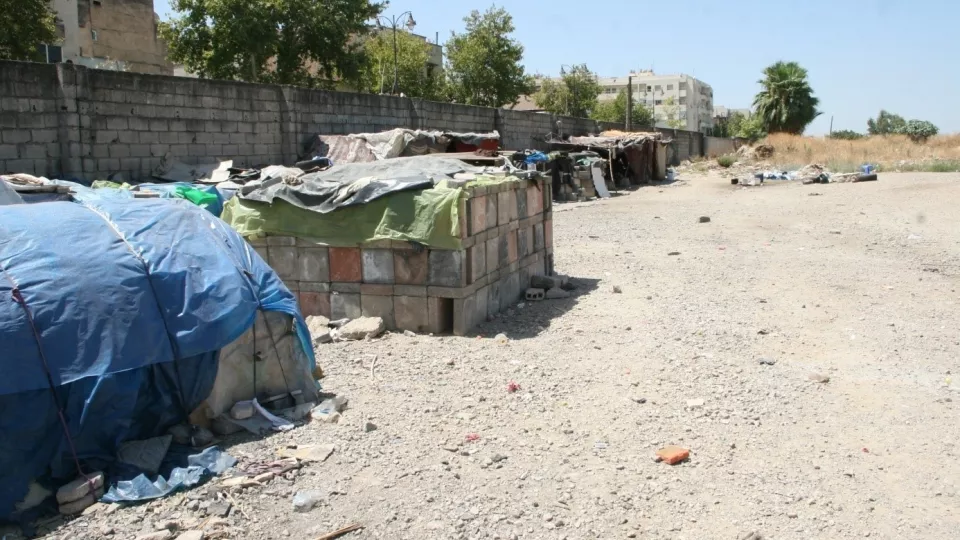
Marking a decade of positive disruption
I am delighted to present to you A Decade of Positive Disruption, a celebration of ten years of Start Network achievements and impacts on its 10-year anniversary.

I am delighted to present to you A Decade of Positive Disruption, a celebration of ten years of Start Network achievements and impacts on its 10-year anniversary.
HELP Foundation became a member of Start Network in June, and was recently awarded funds to respond to the COVID-19 crisis in their local area of Pakistan through the support of Avaaz and a private donor. In addition to awareness raising, HELP Foundation distributed food and hygiene packages to vulnerable families.
To help the Libyan health system fight COVID-19, International Medical Corps began to adjust the Libyan health system to the disease in March, before the first case of COVID-19 was confirmed. Thanks to support from Start Fund COVID-19, they have strengthened the capacity of health facilities in Misrata, Sabha, and Tripoli so that these facilities can better cope and respond to the COVID-19 emergency.

The government struggled to slow the spread of the virus during the first phase of the lockdown and introduced a curfew for older citizens because they are at higher risk. It mandated that people 65 years of age and older should not leave their homes, even to purchase basic groceries. Due to this restriction, older people living alone were met with a difficult situation.

Christina Bennett and Suzanne Lyne, Start Network's CEO and CFOO reflect on Start Network's impact in 2019.

During the recently completed research piece conducted for the Start Network on the work of the Migration Emergency Response Fund (MERF), a number of tensions were revealed that go to the heart of the problem of humanitarian interventions in mixed migration situations. One is what we are calling the "nexus dilemma" where, when designing a response to specific or general mixed migration crises, it is not clear how exactly to categorise the needs, who should fund the response, and who is best placed to carry it out.
Between August 2018 and October 2019, the Migration Emergency Response Fund (MERF) funded three 3-month long projects in Morocco. These short-term projects have allowed insight through key informant interviews into the scale and complexity of challenges relating to the needs of migrants in an urban context. Two of these projects specifically concentrated in Casablanca. The learning from this report reflects on some of the lessons learned when implementing a migration humanitarian response in an urban context, both in an informal urban camp and in a setting that has a more geographic spread.
The evolving nature of mixed migration, particularly its drivers, politicisation and corresponding flows, continues to challenge humanitarian actors to respond in a way that is appropriate, adapts with learning, and adheres to humanitarian principles of independence and impartiality.

On the International Day of the World’s Indigenous Peoples we look back at the DEPP Innovation Labs project in the Philippines. Enhancing Traditional Food Source Management is one of the 40 innovative solutions supported by Philippines TUKLAS Innovation Labs that help communities better prepare for disasters. The project is implemented by a consortium of four non-governmental organisations: Plan International Philippines, Action Against Hunger, CARE Philippines, and the Citizens' Disaster Response Center. It is part of the Disasters Emergencies Preparedness Programme (DEPP) Innovation Labs, a programme that is managed collaboratively by the Start Network and the Communications with Disaster Affected Communities (CDAC) Network.
In June four humanitarian organisations from India joined the Start Network, and one of these is SEEDS. We spoke with Manu Gupta and Varghese Antony about their previous interactions with the Start Network and their motivations for joining.